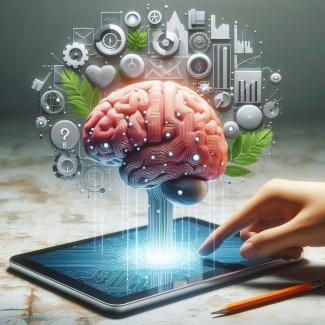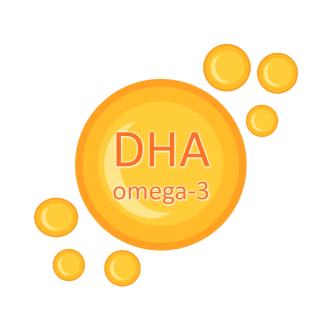Welcome to our comprehensive resource on internal organs, where you can explore the fascinating world of human anatomy and physiology. Our content covers a wide range of topics, including the structure, function, and health of vital organs such as the heart, lungs, liver, kidneys, and digestive system. Discover detailed explanations, illustrations, and the latest research findings that enhance your understanding of how these organs work together to sustain life. Whether you're a student, a healthcare professional, or simply curious, our informative articles and resources will provide valuable insights into the complexities of the human body.
Taking care of your brain is essential for maintaining overall health and well-being. Here's a detailed guide on the best ways to care for your brain:
Docosahexaenoic acid (DHA) is an essential fatty acid, which means it is necessary for proper body function but cannot be synthesized by the body and must be obtained through dietary sources or sup
Natural laxatives are substances that can help promote regular bowel movements and relieve constipation.
Probiotics and friendly microbes are microorganisms that are beneficial for human health when consumed in adequate amounts.
Folic acid, also known as vitamin B9, is a water-soluble vitamin that plays an essential role in many physiological functions in the human body.
Eggs are nutritionally rich and versatile foods with several health benefits. Let's take a detailed look at some of the key advantages of consuming eggs:
Flushing the gallbladder with olive oil and similar methods can indeed cause side effects and is not recommended. These side effects may include:
Oregano oil is derived from the leaves and flowers of the oregano plant (Origanum vulgare or Origanum compactum). It has been used for centuries for its potential health benefits.
In traditional medicine systems such as Ayurveda, Traditional Chinese Medicine (TCM), and various folk medicine practices, the fenugreek plant has been used for a wide range of health-related purpo









